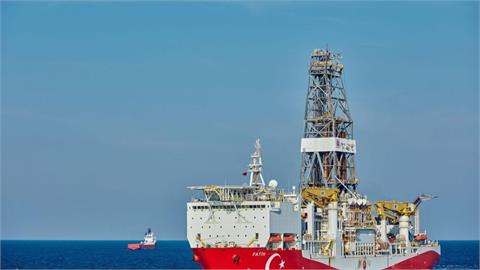Hungary and Romania plan to significantly increase the capacity of the gas interconnector between the two countries and also create new transport routes for nuclear fuel rods, Hungary’s Minister of Foreign Affairs and Trade Péter Szijjartó announced after meeting his Romanian counterpart, Bogdan Lucian Aurescu in Bucharest on Tuesday.
The Hungarian minister pointed out that with the recent shutdown of the Nord Stream 1 gas pipeline, the Hungarian government expects more reliable, stable and predictable supplies from the Southern direction in the coming period. He added that new sources of gas, such as the Greek LNG terminals or natural gas from Turkey or Azerbaijan, can be only expected from the South, which is just another reason why these transport routes need to be strengthened.
Therefore, Hungary plans to increase the natural gas import capacity via Romania through an existing interconnector. This year, more than 600 million cubic metres (mcm) of natural gas were delivered to Romania via the interconnector and more than 300 mcm of gas the other way around.
“The interconnector can currently transport 2.6 billion cubic metres (bcm) of gas per year to Romania. We would like to increase transport capacity from Romania to Hungary from the current 1.7 bcm per year to 2.5 bcm per year initially, and subsequently to over 3 bcm per year,” the Hungarian minister announced at a joint press conference with his Romanian counterpart.
Bogdan Lucian Aurescu also underlined the importance of increasing interconnections.
“We need to strengthen our storage capacity within the European Union and we also need to find alternative sources and focus on renewable energy, on nuclear energy,” said the Romanian Foreign Minister, adding that Romania and Hungary think alike.
The two countries also discussed a potential new transport route for nuclear fuel rods which is necessary for Hungary’s Paks nuclear power plant. Normally, the fuel is delivered by train across Ukraine, but because of Russia’s war against Ukraine, Hungary was forced to find an alternative route. The Hungarian minister expressed his hopes that an agreement will be reached quickly with Romania and also with Bulgaria which would enable Hungary to import the fuel rods via new routes to Paks, which accounts for around half of Hungary’s electricity generation.
(ceenergynews.com, July 13, 2022)



